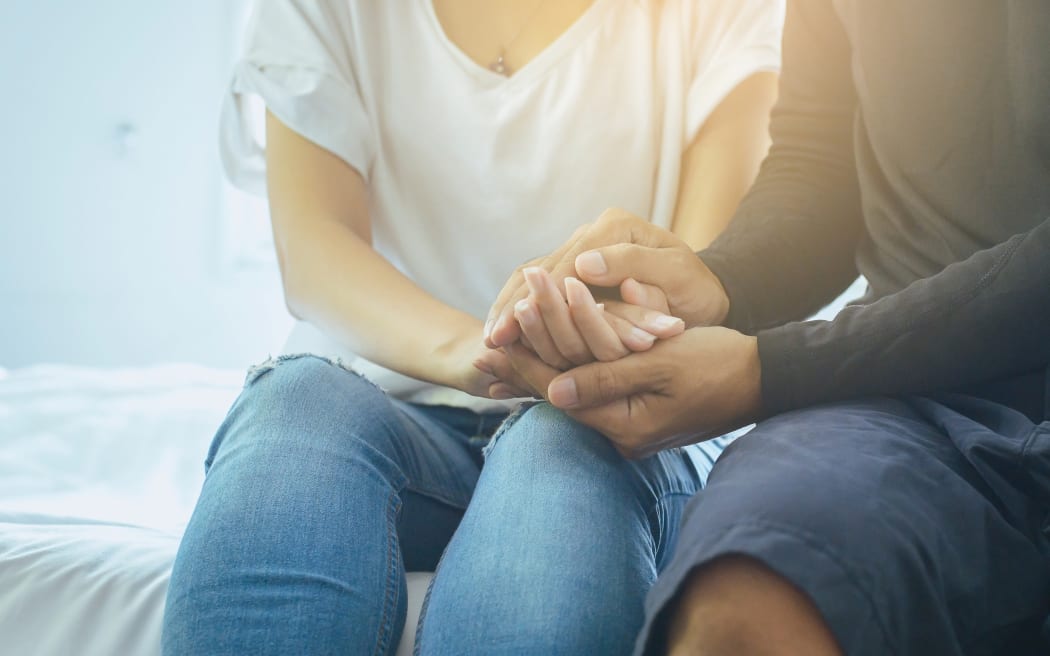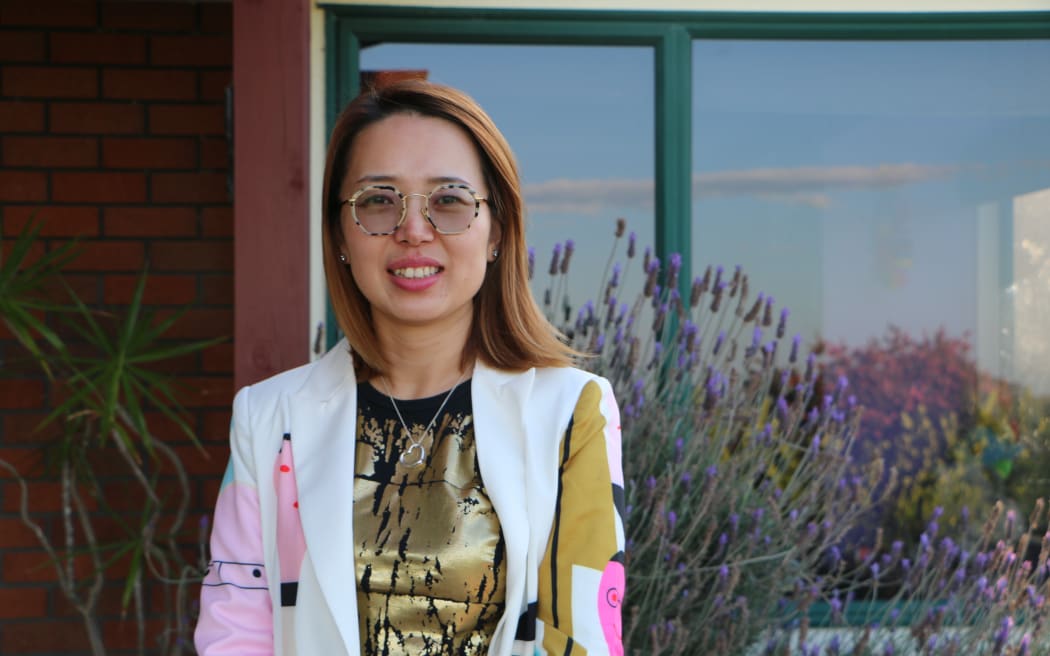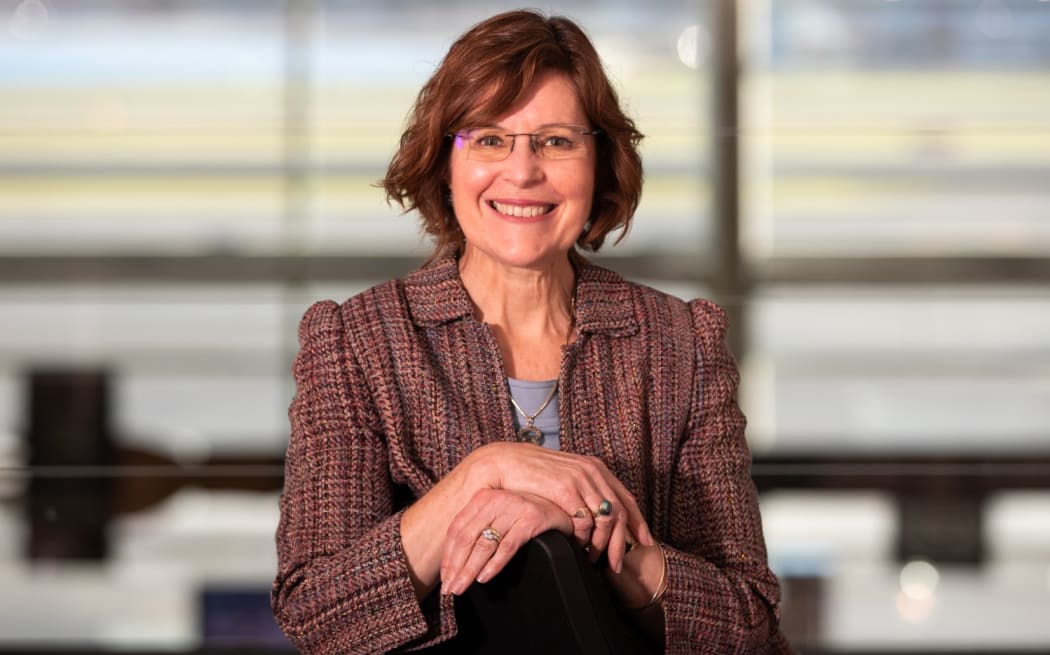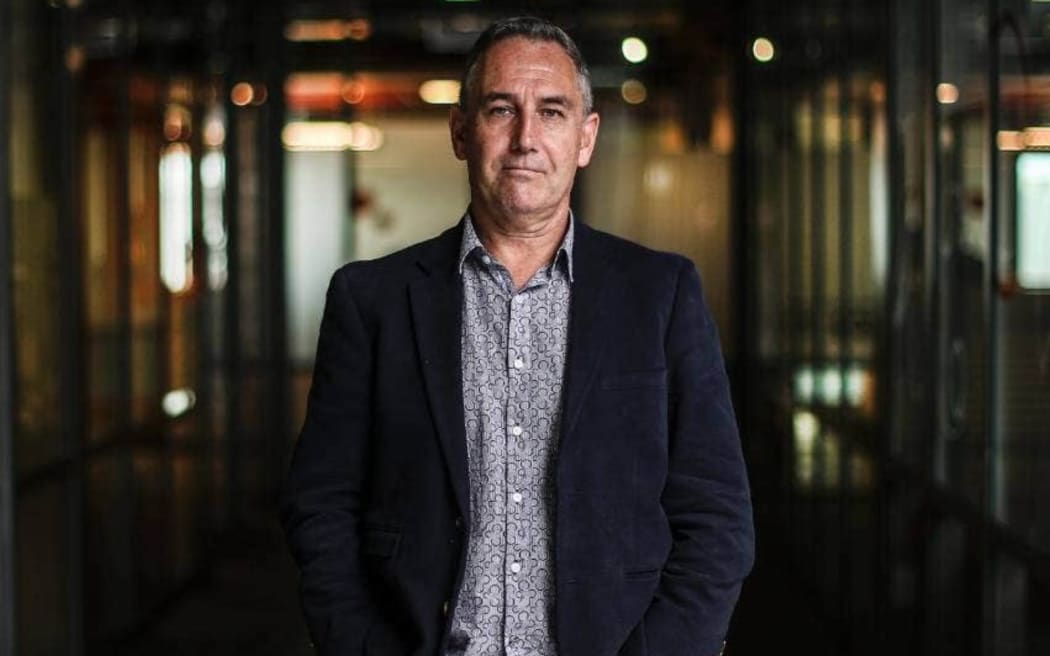
The government plans to roll out a mental health and addiction peer support services at hospital emergency departments. Photo: 123RF
An ethnic health provider is calling for the government to engage with different communities in the design and implementation of its proposed mental health and addiction peer support services in hospital emergency departments.
Those specialists will provide mental health support, connect people to community services and provide comfort to patients arriving on their own, with family or the police, the country's first mental health minister, Matt Doocey, announced Thursday.
The initiative will be implemented in four large hospitals in the first year and an additional four in the second year, with an estimated cost of up to $500,000 per hospital funded using uncommitted Health NZ funds, Doocey said.
A $1 million fund has also been set up to provide training for the workforce.
Peer support workers are those who have lived experience of mental illness or addiction and have experienced recovery, so they can support others going through similar experiences on their journey to wellness.
Kelly Feng, chief executive at Asian Family Services, said peer support services have been in the healthcare system for a long time, but it was the first time it has been incorporated into emergency departments.
"It's good that the government is committing more resources to help deal with mental health issues," Feng said. "But if it is not planned well or well-considered, those resources could be wasted without achieving anything."

Kelly Feng, chief executive at Asian Family Services Photo: RNZ / Jessie Chiang
Feng said peer support specialists need to be professionally supported to make sure they wouldn't be triggered in the high-pressure environments of emergency departments (EDs).
"Also, there will be people of different ethnic groups coming to EDs, including mainstream population, Māori, Pacific Islanders and Asians. I think there will be a lot of barriers if EDs only have limited kinds of peer support. It will be impossible to accommodate all ethnic groups," she said.
"The government should consider how to remove these barriers, including linguistic and cultural barriers. They should also consider work with NGOs for this initiative, rather than just hiring a few peer support workers in EDs."
Feng said she has worked in hospitals for a long time and was aware of the hierarchy in the system. She worries peer support specialists won't have much say if they are working within the strict protocols that are typically followed by hospitals.
She said such services should be provided by an NGO or multiple NGOs that are independent of the hospital system, so there would be some checks and balances in place. Peer support specialists could be better supported too, she said.
The government should involve Asian communities in the designing process of these services, so they could foresee likely challenges and barriers and come up with solutions, Feng said.
"The government needs to consider all groups from the very beginning, especially Asians because Asians are always overlooked," she said. "And then think about how to better conduct pilots. ... They also need to be open-minded and willing to make changes and adjustments, rather than being static."

Karen Orsborn, chief executive of Te Hiringa Mahara, Mental Health and Wellbeing Commission Photo: Supplied
The Mental Health and Wellbeing Commission has advised the minister on this initiative. Its chief executive, Karen Orsborn, said that the size of the peer support workforce had increased by 18 percent between 2018 and 2022, but it still made up only 3.4 percent of the wider mental health and addiction workforce.
She said the peer support approach and values were critical to transforming models of care and addressing wider workforce shortages, and the new initiative meant that the approach would be further developed.
Orsborn called for the need to deliver culturally appropriate services.
"When you've got an emergency service and it's very immediate, you need to have a service and workers that can work across those cultural boundaries to provide that immediate level of support," Orsborn said. "That's something that's going to be very important."
She said she would like to see people with lived experience at emergency departments involved in the design of the services, adding that the services should also be open for refinement and improvement.
"This is one opportunity which is fantastic, but we'd like to see further growth and investment in the cultural peer support workforce, so that's something will be an ongoing focus over time," Orsborn said.

Mental Health Foundation of New Zealand chief executive Shaun Robinson Photo: Chris Skelton / Stuff
Shaun Robinson, chief executive at the Mental Health Foundation of New Zealand, said he was delighted to hear about this initiative, as it's a solution long advocated by his organisation and others in the sector.
"We absolutely need some significant game-changers in mental health in New Zealand," he said. "The notion of just trying to bring on doctors, nurses, psychiatrists and counsellors to fix the problem that way, a kind of traditional approach, is clearly failing because the issues are so big.
"We're just not in any way going to win the race of having enough of those types of professionals, important as they are, but they're not the total answer."
He said the new initiative might be an opportunity to help resolve the problem.
"People are bringing their own experiences of mental stress to the situation, which is hugely valuable," he said. "The amount of training is much less, so people can be brought into that workforce much faster, and it can be expanded much more quickly."
Robinson said the communities were a huge untapped resource where suitable peer support specialists could be found.
"That means the priority can be going into the community and trying to recruit people from communities who are going to be able to relate to the people in their communities," he said.
Jo Chiplin, director of Mentally Well at Health NZ, said health authorities were currently working through the details to get a good understanding of what is required.
This included considering the needs of the local community in which these services are being stood up and what has worked where this model has successfully been trialled, including in New Zealand and overseas, Chiplin said.
"Peer support workers will be given all the appropriate training, including in health and wellbeing peer support, working in an ED environment and cultural competency," Chiplin said.
Doocey said at least 13,000 people present annually to emergency departments with mental health issues.
The first peer support emergency department service would begin in July, Doocey said.
If it proved to be successful, it would be rolled out to all hospitals, he said.

